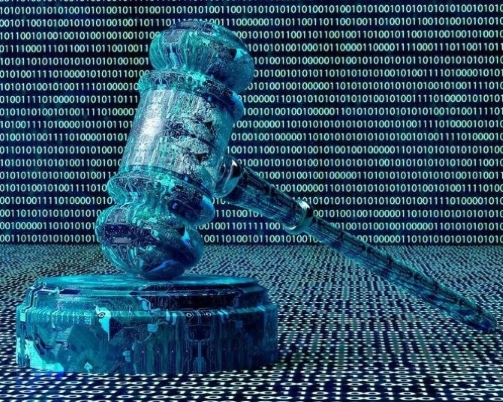15
MAR 2019
This series on data analytics in litigation emphasized how best practices help secure reliable, valid, and defensible results based off of “Big Data.” Whether it is inter-corporate litigation, class actions, or whistleblower cases, electronic data is a source of key insights. Courts hold wide discretion in admitting statistical evidence, which is why opposing expert witnesses scrutinize or defend results so rigorously. There is generally accepted knowledge on the techniques, models, and coding languages for generating analytical results from “Big Data.” However, the underlying assumptions of a data analysis are biased. These assumptions are largest potential source of error, leading parties to confuse, generalize, or even misrepresent their results. Litigants need to be aware of and challenge such underlying assumptions, especially in their own data-driven evidence.
When it comes to big data cases, the parties and their expert witnesses should be readily prepared with continuous probing questions. Where (and on what program) are the data stored, how they are interconnected, and how “clean” they are, directly impact the final analysis. These stages can be overlooked, leading parties to miss key variables or spend additional time cleaning up fragmented data sets. When the data are available, litigants should not miss on opportunities due to lack of preparation or foresight. When data do not exist or they do not support a given assertion, a party should readily examine its next best alternative.
When the proper analysis is compiled and presented, the litigating parties must remind the court of the big picture: how the analysis directly relates to the case. Do the results prove a consistent pattern of “deviation” from a given norm? In other instances, an analysis referencing monetary values can serve as a party’s anchor for calculating damages.
In Big Data cases, the data should be used to reveal facts, rather than be molded to fit assertions.

